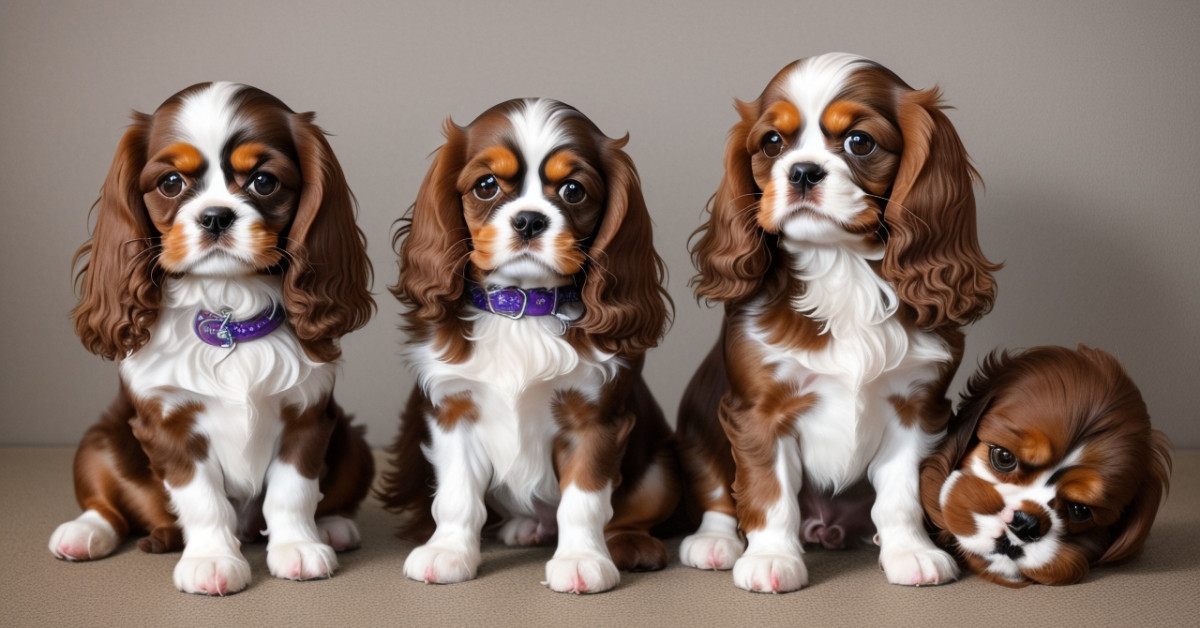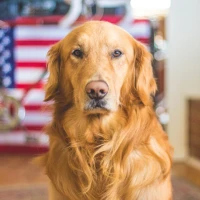Journey of pet parenthood? Let’s delve into the charismatic world of Cavalier King Charles Spaniels, your potentially perfect pint-sized pals! Unravel the enigma as we weigh the Pros & Cons of Cavalier King Charles Spaniels: The Ultimate Home Companion Checklist.
Whether you’re smitten by their soulful eyes or contemplating their companionship qualities, discover how these regal canines could either be the crowning glory of your home or a royal handful. Join us as we demystify the truths behind their adorable facade and guide you to make an informed decision that could change your life and theirs.
Get ready to find out if this affectionate breed holds the key to your heart and hearth.
1. Great for Many Purposes
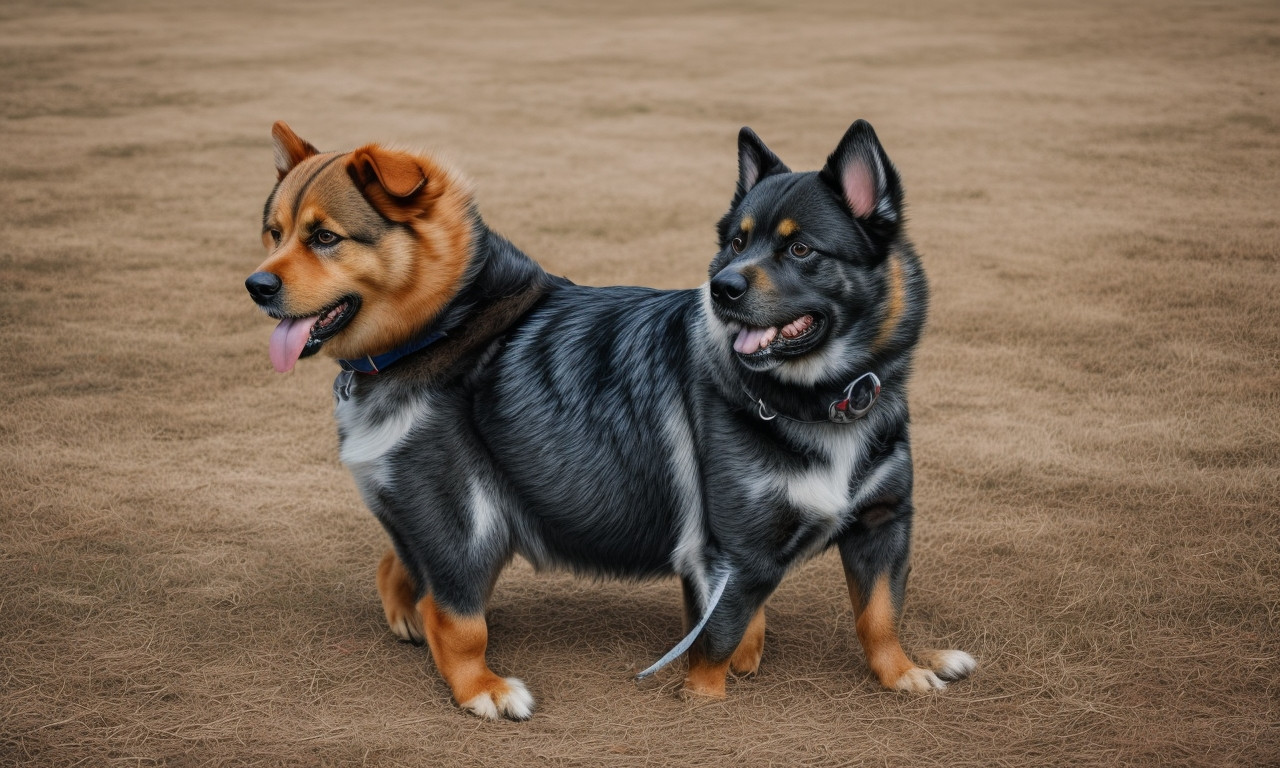
Pros:
- Versatility: Cavalier King Charles Spaniels are well-regarded for their flexible nature, being suitable for a variety of roles including companionship, therapy work, and competitive events such as agility and obedience trials.
- Affectionate Personality: These dogs are known to be extremely loving and thrive on human companionship, making them excellent family pets.
- Adaptable Size: The breed is small enough to be manageable in various living situations, from apartments to larger homes with yards.
- Trainability: Cavaliers are intelligent and eager to please, often picking up commands and training routines with relative ease.
- Social Nature: They generally get along well with other pets and children if properly socialized, enhancing their value as family dogs.
Cons:
- Health Issues: Cavalier King Charles Spaniels are prone to certain genetic health problems, including heart conditions like mitral valve disease and syringomyelia.
- Separation Anxiety: Due to their need for companionship, they may suffer from separation anxiety if left alone for extended periods.
- Grooming Needs: Their long, silky coats require regular brushing to prevent matting and tangling, as well as professional grooming.
- Exercise Requirements: While adaptable, they do require regular exercise to maintain health and prevent behavioral issues; neglecting this can lead to obesity.
- Cost: Cavaliers can be expensive not only to purchase from a reputable breeder but also in terms of veterinary care throughout their lives, especially considering their health issues.
2. Easy to Groom
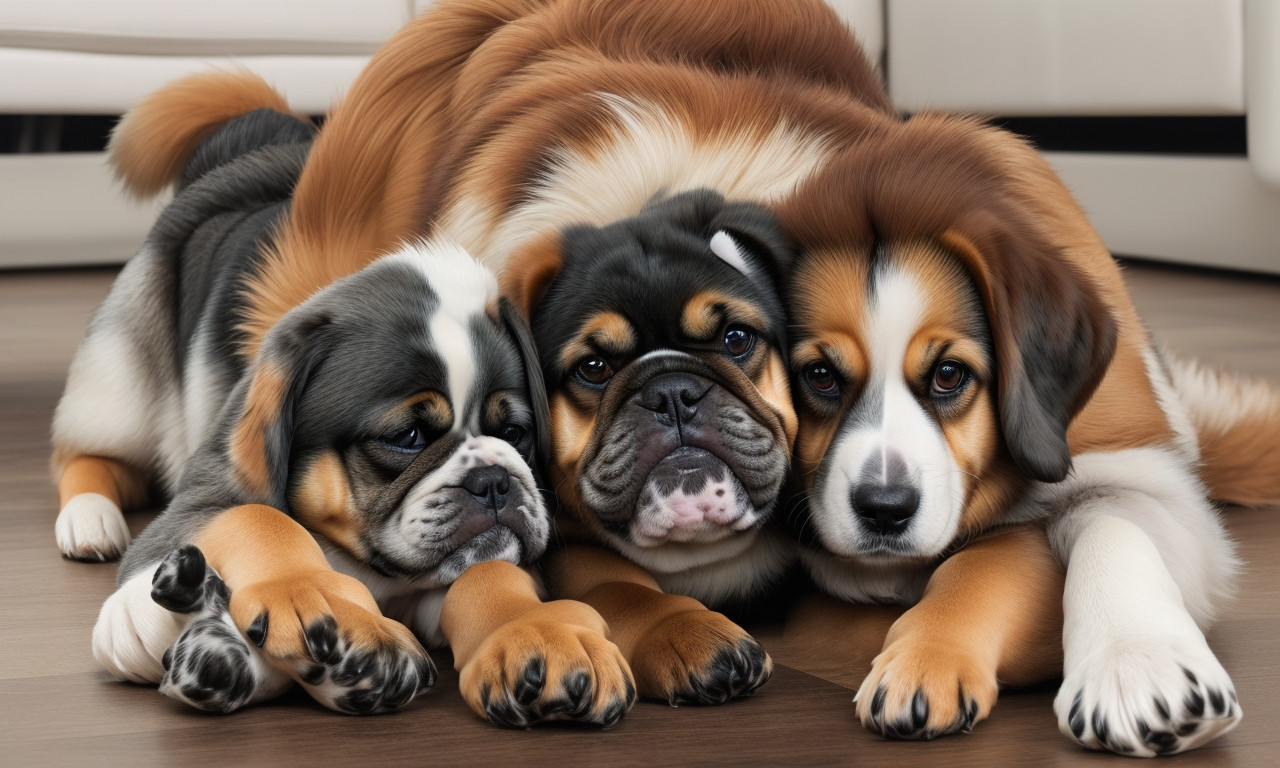
Pros:
-
Low Maintenance Coat: Cavalier King Charles Spaniels have a silky, medium-length coat that is relatively easy to maintain. They require regular brushing a few times a week to prevent mats and tangles.
-
Minimal Grooming Requirements: Unlike some breeds that require frequent haircuts or professional grooming, Cavaliers typically only require a bath as needed, making them a good option for owners who prefer a lower maintenance pet when it comes to grooming.
-
Natural Appearance: These dogs often look their best without excessive grooming, which means you can keep them looking neat and tidy with minimal effort. This can be especially appealing for those who appreciate a more natural look for their pets.
-
Easy to Handle: Their small size makes them fairly easy to bathe and groom at home. Owners don’t need to deal with the challenges that come with grooming larger breeds.
-
Cleaning Frequency: Cavaliers don’t generally have a strong doggy odor, and they tend to stay relatively clean. This means they usually require fewer baths, which can save time for busy families or individuals.
Cons:
-
Shedding: Cavalier King Charles Spaniels do shed, so regular grooming is necessary to keep loose hair under control. This might not be ideal for individuals who prefer a dog that doesn’t shed as much or those with allergies.
-
Ear Care: Their long ears can be prone to infection if not kept clean and dry. Regular checks and cleaning are crucial to prevent potential health issues.
-
Cost of Grooming Tools: While grooming requirements are minimal, owners will still need to invest in quality grooming tools such as brushes, combs, and shampoos, which can add up in costs.
-
Potential for Matting: If their coat is not brushed regularly, mats can form, particularly behind the ears and under the arms, which can be painful for the dog and require more intensive grooming to resolve.
-
Attention to Eyes: Cavaliers have large, expressive eyes that may require regular cleaning to prevent buildup of tear stains, which can be seen as a minor inconvenience in their grooming routine.
3. Easy to Train
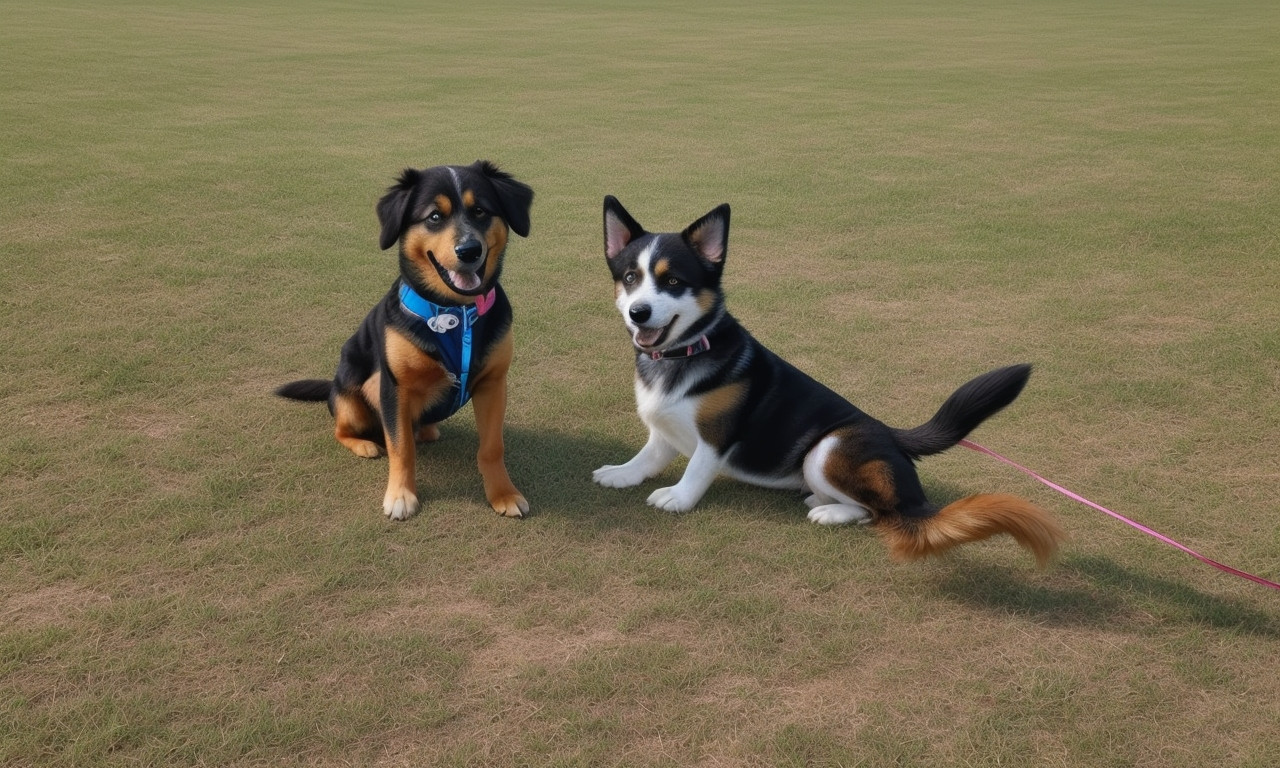
Pros:
- Cavalier King Charles Spaniels are known for their intelligence and eagerness to please, making them highly responsive to obedience training. This trait can often lead to successful command learning and good behavior in the home environment.
- Positive reinforcement techniques work especially well with this breed, as they are food-motivated and appreciate praise and affection. This often leads to a positive training experience for both owner and pet.
- Their sociable and friendly nature typically allows for smooth socialization, meaning they can adapt easily to a variety of situations and commands. Training them can enhance this adaptability.
Cons:
- Because of their sensitive disposition, they may not respond well to harsh training methods or loud verbal corrections. This can make training more challenging if the owner lacks patience or experience.
- Their desire to be with their human companions can sometimes lead to separation anxiety, which may present challenges when training for independence or calm behavior when left alone.
- While generally obliging, they can be prone to distraction, especially when there are interesting scents or other animals around. Training in areas with many distractions may require extra effort and patience.
4. Don’t Need a Lot of Exercise
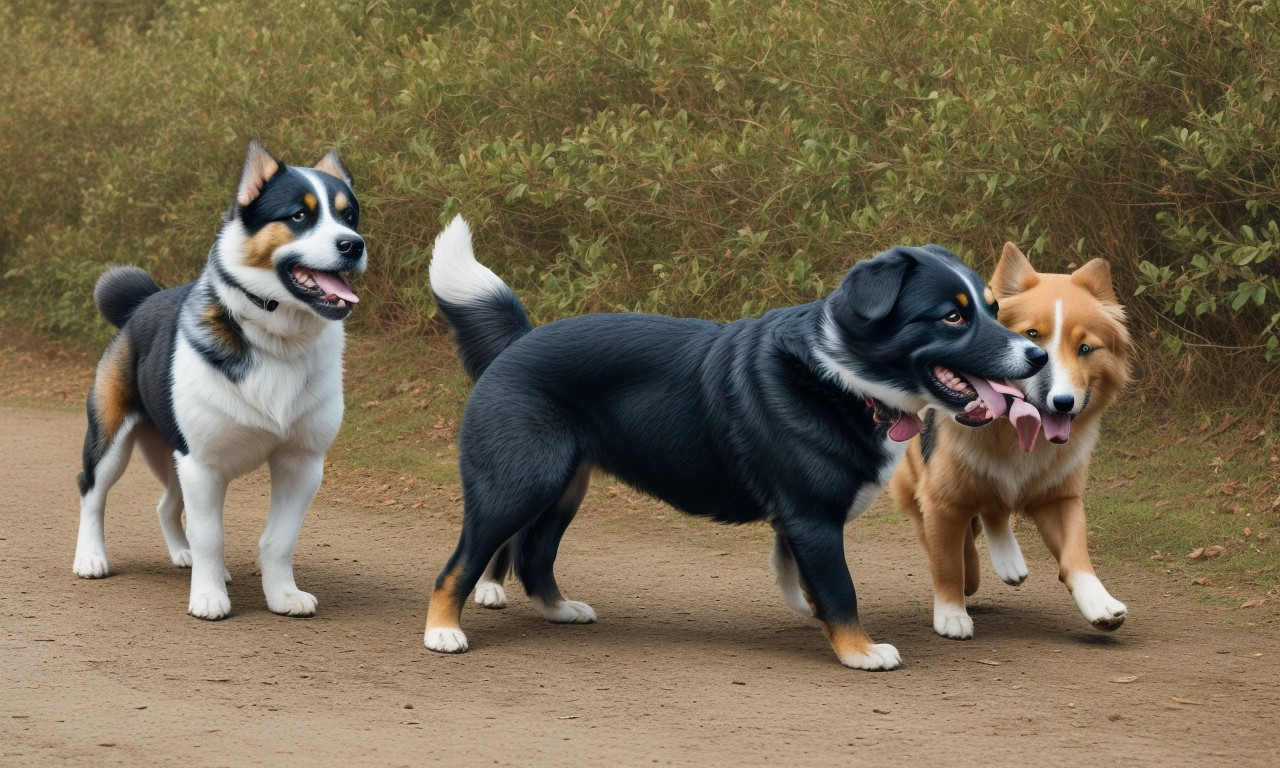
Cavalier King Charles Spaniels are a popular breed for those seeking a canine companion that fits comfortably into a family home environment. Here’s a checklist examining the pros and cons of their exercise needs and overall suitability as a home companion:
Pros:
- Ideal for Smaller Living Spaces: Their small size and moderate energy levels make them perfect for apartment living or homes with limited space.
- Adaptability: These dogs are quite adaptable and can adjust their activity level to their owner’s lifestyle. If you’re less active, they’re happy with short walks and indoor play.
- Low Exercise Requirements: Cavaliers don’t require extensive exercise to remain healthy. Daily walks and playtime are usually sufficient to meet their needs.
- Good for First-Time Owners: Their manageable exercise needs make them a good choice for first-time dog owners who might not be used to maintaining an active exercise regimen.
- Great Companions for Less Active People: They make excellent pets for older individuals or those with a more sedentary lifestyle, providing companionship without the need for vigorous daily exercise.
Cons:
- Risk of Weight Gain: Without proper exercise and diet control, they can easily become overweight. Regular exercise is essential to keep them at a healthy weight.
- Prone to Certain Health Problems: They may develop health issues such as heart problems or syringomyelia which might limit their ability to exercise and require special care.
- May Develop Behavioral Issues: If they don’t receive enough mental and physical stimulation, they can develop behavioral issues such as excessive barking, anxiety, or destructiveness.
- Need for Regular Engagement: While their exercise needs are not extensive, Cavaliers still need daily interaction and engagement to remain happy and well-adjusted.
- Not Suitable for Highly Active Owners: If you’re looking for a dog to accompany you on long runs or hikes, a Cavalier may not be the best fit due to their lower exercise tolerance.
Overall, Cavalier King Charles Spaniels are excellent home companions for those who are looking for a pet with reasonable exercise needs. While they are relatively low-maintenance in terms of activity, they do require regular, moderate exercise to maintain their health and happiness. With the right balance of love, care, and daily walks, a Cavalier can be a joyous addition to any household.
5. Easy-Going Personality
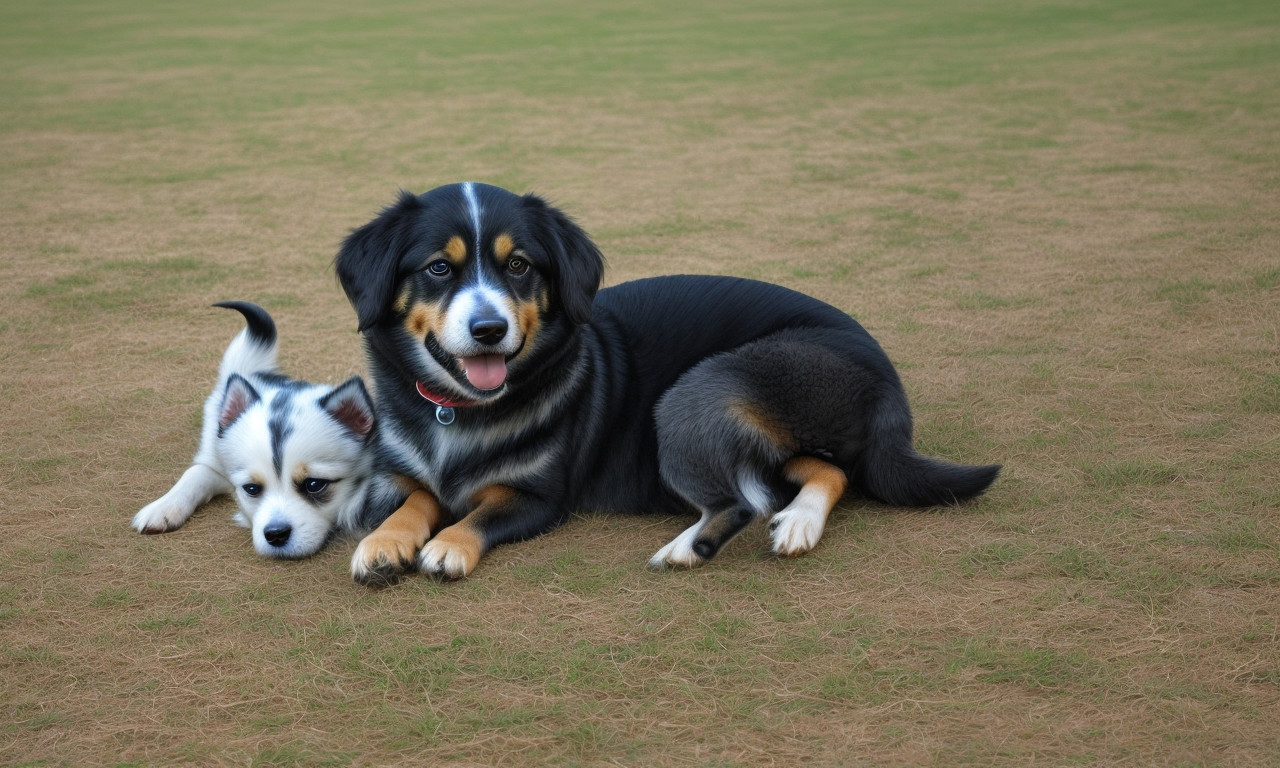
Pros of Cavalier King Charles Spaniels Having an Easy-Going Personality:
-
Adaptability: Their easy-going personality means Cavaliers adapt well to various living situations, from apartments to large homes with yards. They can fit into the family life of both quiet individuals and active families.
-
Compatibility with Children and Other Pets: Cavaliers are known for their gentle disposition, which makes them excellent companions for families with children. They are also typically good with other dogs and even cats, given proper introductions and socialization.
-
Perfect for First-Time Dog Owners: The breed’s even temperament and willingness to please make them suitable for first-time dog owners. They are generally easier to train and manage compared to more stubborn or energetic breeds.
-
Reduced Training Challenges: Their desire to be with people and to please them, combined with their intelligence, often translates into fewer training challenges. They respond well to positive reinforcement techniques like praise and treats.
-
Therapeutic Presence: A Cavalier’s calming presence can be therapeutic for individuals dealing with stress, anxiety, or depression. Their affectionate nature can provide comfort and emotional support to those in need.
Cons of Cavalier King Charles Spaniels Having an Easy-Going Personality:
-
Over-Dependence: Their inclination to form strong attachments to their humans can lead to separation anxiety. Cavaliers may exhibit destructive behavior or excessive barking if left alone for extended periods.
-
May Be Too Trusting: Their friendly disposition means they can be overly trusting, even with strangers. This trait can make them less effective as guard dogs and also raises concern for their safety if they wander off.
-
Insufficient Stimulus can Lead to Behavior Issues: Although easy-going, Cavaliers still need mental and physical stimulation. Lack of engagement may result in boredom and subsequent behavioral issues, such as chewing and digging.
-
Hierarchy Confusion: Their willingness to please can sometimes lead to confusion about the hierarchy within the home. Clear and consistent training is necessary to maintain well-defined boundaries and prevent behavior problems.
-
May Encourage Over-Pampering: An easy-going dog can sometimes be over-pampered by their owners, leading to potential health issues such as obesity. It’s essential to maintain a balance between affection and discipline to ensure their well-being.
1. Heat Intolerance
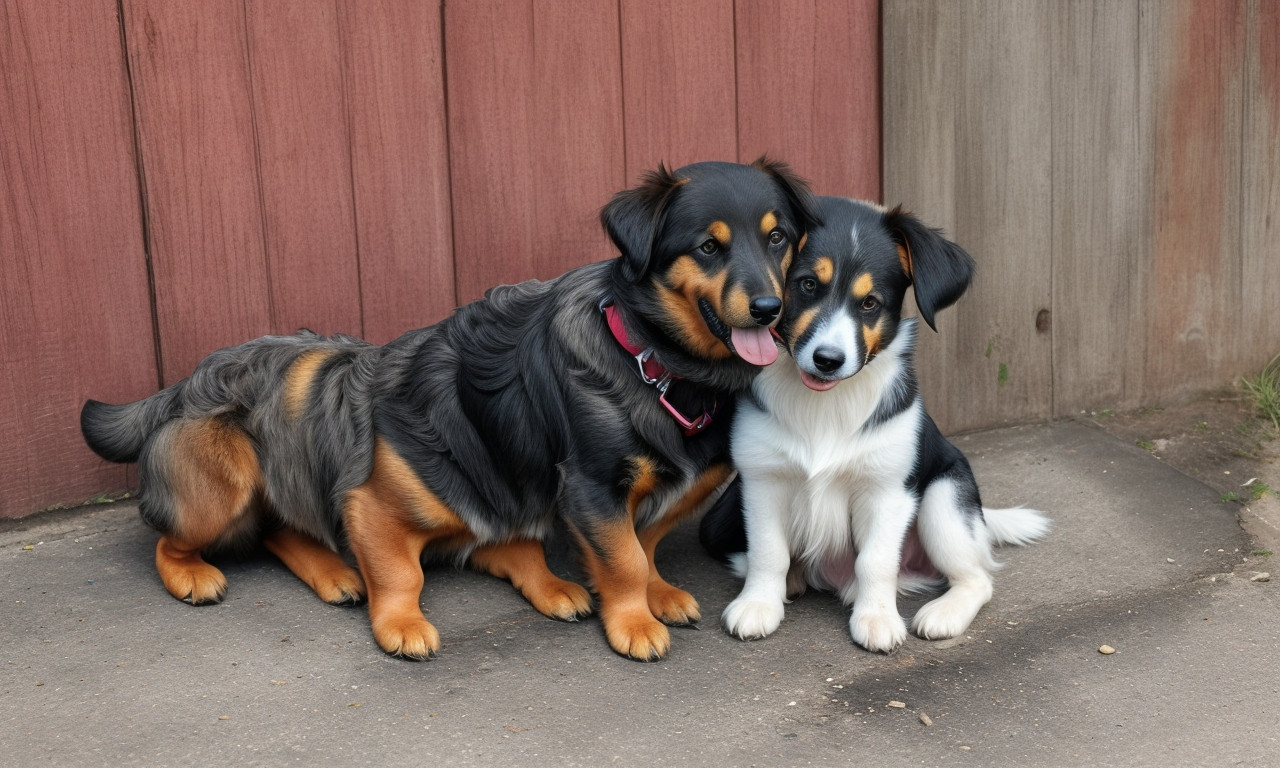
Pros of Cavalier King Charles Spaniels as Home Companions:
-
Friendly and Affectionate Nature: These dogs are known for their loving disposition and willingness to cuddle, making them excellent companions for families and individuals alike.
-
Social and Playful: They enjoy the company of other dogs and humans and are typically very playful, which can be delightful for children and adults.
-
Adaptable Size: Their small-to-medium size makes them suitable for both apartment living and homes with yards, as they don’t require as much space as larger breeds.
-
Trainability: These spaniels are generally eager to please and respond well to positive reinforcement, making them relatively easy to train for basic commands and house manners.
-
Good with Other Pets: They often get along well with other dogs and pets in the household, provided they have been properly socialized.
-
Low Guarding Instinct: They are unlikely to be aggressive toward visitors, making them welcoming to guests and suitable for families that entertain frequently.
-
Attractive Appearance: They have a regal yet adorable look that many pet owners find irresistible, with big expressive eyes and a silky coat.
Cons of Cavalier King Charles Spaniels as Home Companions:
-
Heat Intolerance: They can be particularly sensitive to heat due to their dense coat and short noses, which can lead to overheating and require special care during hot weather.
-
Health Issues: They can be prone to a number of genetic health issues like mitral valve disease, syringomyelia, hip dysplasia, and eye conditions, which can lead to high veterinary costs and the need for special care.
-
Grooming Requirements: Their long, silky coats require regular brushing to prevent mats and tangles, and they may need professional grooming to keep their coats in good condition.
-
Separation Anxiety: They often form strong attachments to their owners and can suffer from separation anxiety if left alone for extended periods, leading to potential destructive behaviors.
-
Exercise Needs: Despite their small size, they have moderately high energy levels and need daily walks and playtime to stay healthy and prevent boredom.
-
Cost: Cavalier King Charles Spaniels can be expensive to purchase from a reputable breeder, with costs also associated with health care, grooming, and maintenance.
-
Lifespan: While they bring immense joy during their lives, their lifespan can be shorter than some other breeds due to their health issues, typically ranging from 9 to 14 years.
2. Not Really Swimmers
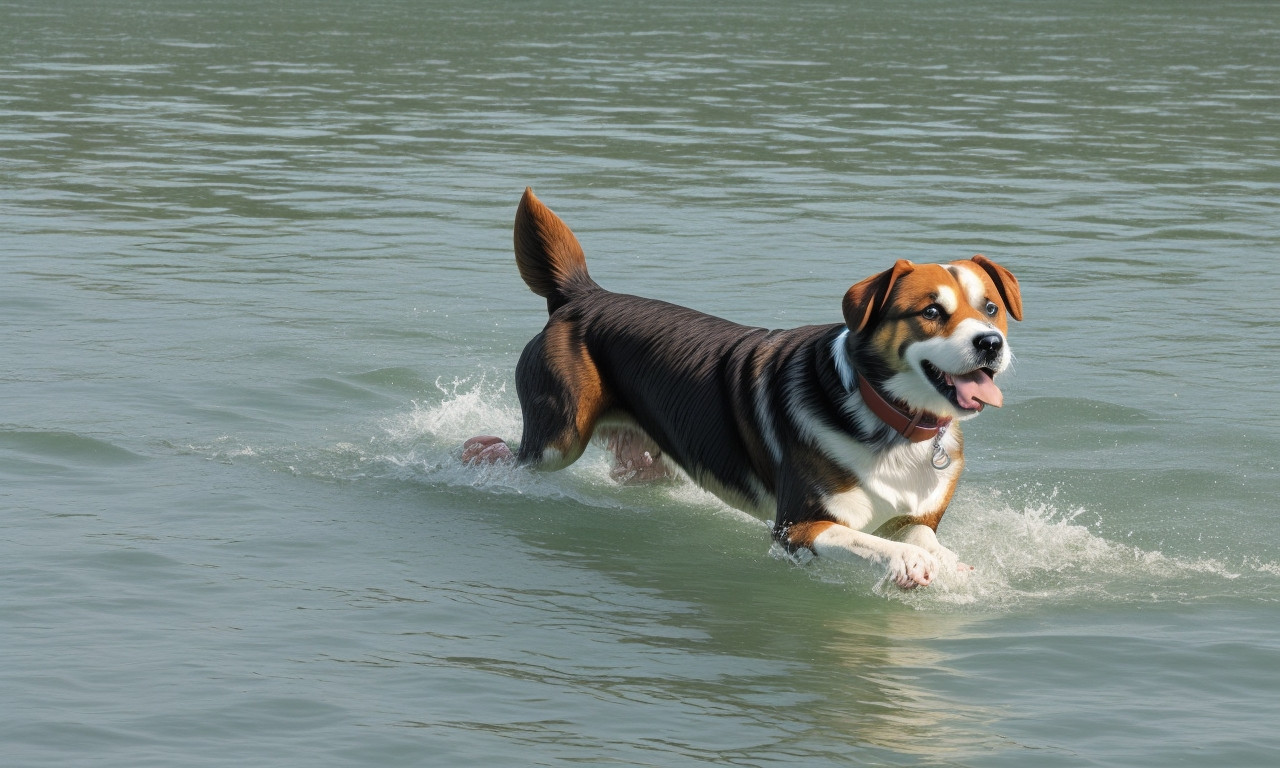
Pros of Cavalier King Charles Spaniels:
-
Friendly and Affectionate: Cavaliers are known for their sweet and loving demeanor, making them excellent companions. They enjoy cuddling and often form strong bonds with their family members.
-
Good with Children and Other Pets: These dogs generally get along well with kids and other animals, which makes them a great addition to a home with a diverse mix of family members.
-
Adaptable: Whether living in an apartment or a house with a yard, the Cavalier King Charles Spaniel can adapt to various living situations, as long as they have time with their owners.
-
Trainable: With their desire to please their owners and intelligent nature, Cavalier King Charles Spaniels can be relatively easy to train compared to some other breeds.
-
Moderate Exercise Needs: While they enjoy a good walk or play session, they don’t require the extensive exercise that some larger or more energetic breeds do.
Cons of Cavalier King Charles Spaniels:
-
Health Issues: Unfortunately, this breed is prone to several genetic health problems, including mitral valve disease, syringomyelia, and hip dysplasia.
-
Not Really Swimmers: While some dogs are natural swimmers, Cavalier King Charles Spaniels typically aren’t. They may not have the build or the affinity for water that you’d find in other breeds.
-
Grooming Needs: Their long, silky coat requires regular brushing to prevent matting, and they may need professional grooming to keep their fur in good condition.
-
Separation Anxiety: These dogs are known for their attachment to their owners, which means they can be prone to separation anxiety if left alone for long periods.
-
Expensive: Cavalier King Charles Spaniels can be quite costly to purchase from a reputable breeder, and potential health issues can lead to significant veterinary expenses over their lifetime.
When considering a Cavalier King Charles Spaniel as a pet, weigh these pros and cons to determine if this breed is the right fit for your home and lifestyle.
3. Short Muzzles
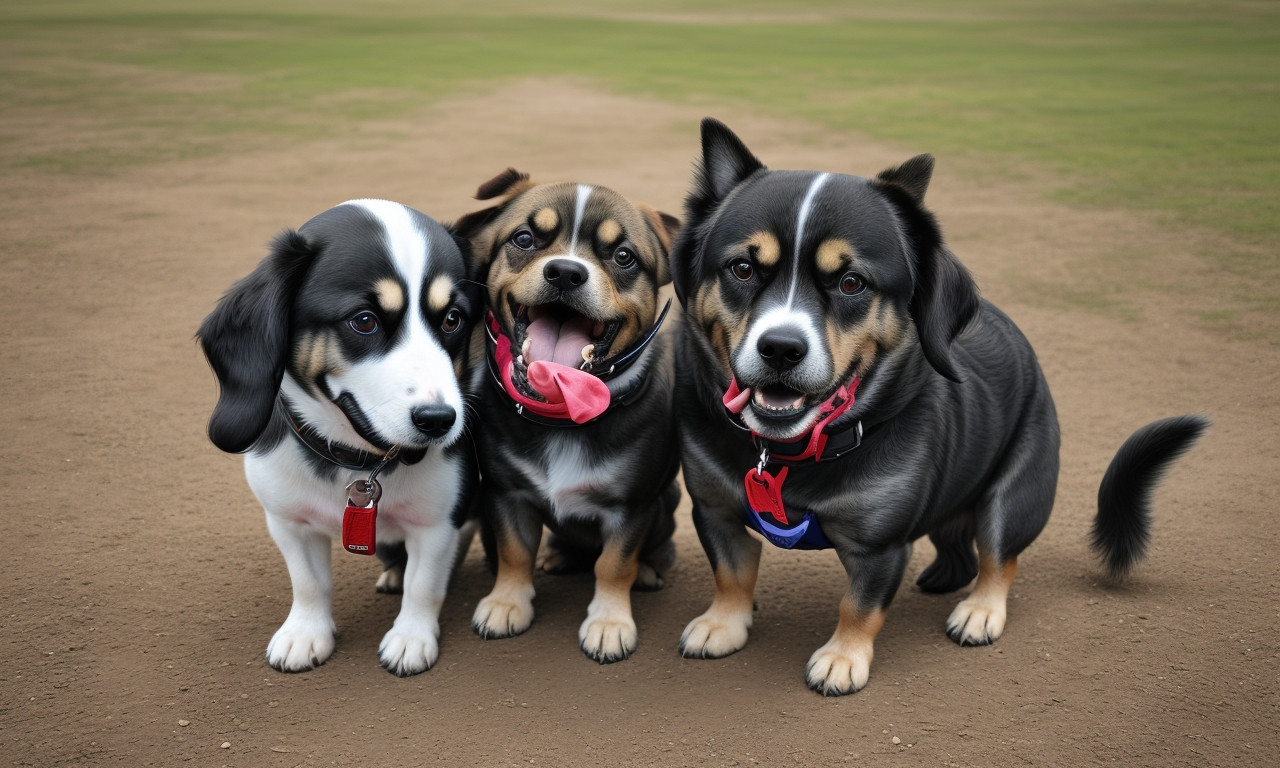
Cavalier King Charles Spaniels are a popular breed for families and individuals alike, known for their affectionate nature and adaptability. However, they come with unique characteristics that potential owners should consider. Here is a checklist highlighting the pros and cons related to Cavalier King Charles Spaniels, with a focus on their short muzzles.
Pros:
-
Appealing Appearance: Their short muzzles contribute to the breed’s distinctive and lovable “baby face,” which is endearing to many people and gives them a gentle expression.
-
Less Drooling: Compared to breeds with longer snouts, Cavaliers typically drool less. This can be a neat perk for owners who are particular about saliva on their clothes or furniture.
-
Quiet Nature: Due to their shorter muzzles, Cavaliers are less prone to excessive barking, making them a good option for living in close quarters, like apartments or shared houses.
-
Ease of Grooming: Shorter muzzles often mean fewer issues with food getting stuck around the face after meals, which can simplify grooming and cleaning needs.
Cons:
-
Breathing Issues: The structure of their short muzzles can lead to breathing difficulties, especially in hot or humid weather, leading to conditions like Brachycephalic Obstructive Airway Syndrome (BOAS).
-
Heat Sensitivity: They are more prone to overheating, as the shortened nasal passages make it harder for them to cool down through panting.
-
Dental Problems: Short muzzled dogs may face overcrowded or misaligned teeth, leading to increased dental issues that require regular veterinary care.
-
Limited Exercise: They may not be the best companions for very active lifestyles, as their short muzzles can limit their endurance and ability to partake in prolonged physical activity.
-
Sensitivity to Anesthesia: Their specific facial structure requires careful administration and monitoring during procedures that require anesthesia.
Additional Considerations:
-
Health Screenings: Prospective owners of Cavalier King Charles Spaniels should seek out reputable breeders who conduct careful health screenings, particularly for issues related to their short muzzles.
-
Adapted Playtime: To accommodate their physical limitations, owners need to tailor exercise and play to prevent overexertion, ensuring fun activities that don’t lead to breathing difficulties.
-
Regulated Temperatures: It’s crucial to maintain a comfortable and cool environment for these dogs, avoiding extreme temperatures that could exacerbate breathing issues.
-
Regular Veterinary Check-Ups: Cavaliers should have regular check-ups with a vet to monitor for any potential health concerns associated with their short muzzles.
Though the Cavalier King Charles Spaniel comes with an irresistible charm, it’s essential to weigh the pros and cons of their short muzzles and consider how it fits into your lifestyle and ability to provide care. Doing so can help ensure a happy and healthy life for these ultimate home companions.
Are Cavalier King Charles Spaniels good dogs for children?
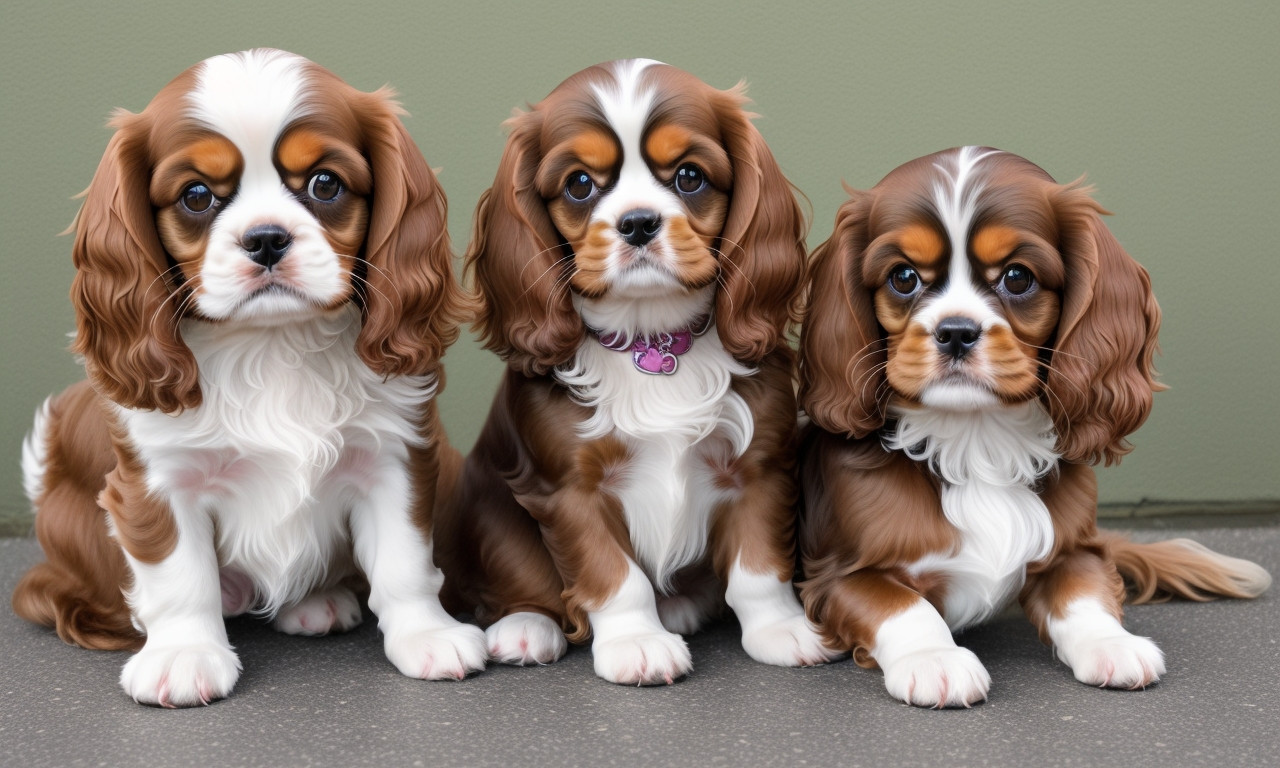
Pros of Cavalier King Charles Spaniels:
-
Friendly and Affectionate: Cavalier King Charles Spaniels are known for their warm and friendly nature. They usually form strong bonds with their owners and are known for their affectionate behavior, often enjoying cuddles and being close to their human companions.
-
Good with Children: They are typically good around children and can be gentle playmates. Their patient and playful demeanor makes them suitable for families.
-
Adaptable to Various Living Situations: These dogs typically adapt well to different living environments, including apartments, as long as they get their daily exercise.
-
Social with Other Pets: Cavaliers often get along well with other pets, including dogs and cats, especially when socialized from a young age.
-
Easygoing Personality: They generally have a laid-back personality, which can be a good fit for families or first-time dog owners.
-
Trainable: The breed is known to be intelligent and eager to please, which can make training easier. They respond well to positive reinforcement techniques.
-
Small Size: Their small size can be an advantage for those living in smaller spaces or for older individuals who may find a smaller, more manageable dog appealing.
Cons of Cavalier King Charles Spaniels:
-
Prone to Health Issues: Unfortunately, the breed is susceptible to certain genetic health issues, such as mitral valve disease, syringomyelia, and hip dysplasia. Regular veterinary check-ups and screenings are important.
-
Requires Regular Grooming: Their long, silky coat requires regular grooming to avoid matting and to maintain its condition, including daily brushing and occasional professional grooming.
-
Separation Anxiety: Known to form strong bonds with their owners, Cavaliers can suffer from separation anxiety if left alone for extended periods.
-
Moderate Shedders: They shed moderately, which might not be ideal for people with allergies or those who prefer a low-shedding breed.
-
May Require a Special Diet: Some Cavaliers may have sensitive stomachs or dietary requirements that necessitate higher-quality food or a special diet, potentially increasing ownership costs.
-
Not Ideal Guard Dogs: Due to their friendly nature, they are not the best choice for someone looking for a guard dog.
-
Can be Prone to Obesity: This breed loves to eat, and without proper diet and exercise, they can easily become overweight, leading to further health complications.
In conclusion, Cavalier King Charles Spaniels can be excellent family pets and companions, especially for households with children. They offer a good balance of affection and adaptability but do require dedicated care and attention, particularly concerning their health and grooming needs. Potential owners should consider these factors carefully before deciding if a Cavalier King Charles Spaniel is the right addition to their family.
How much exercise do Cavalier King Charles Spaniels need?
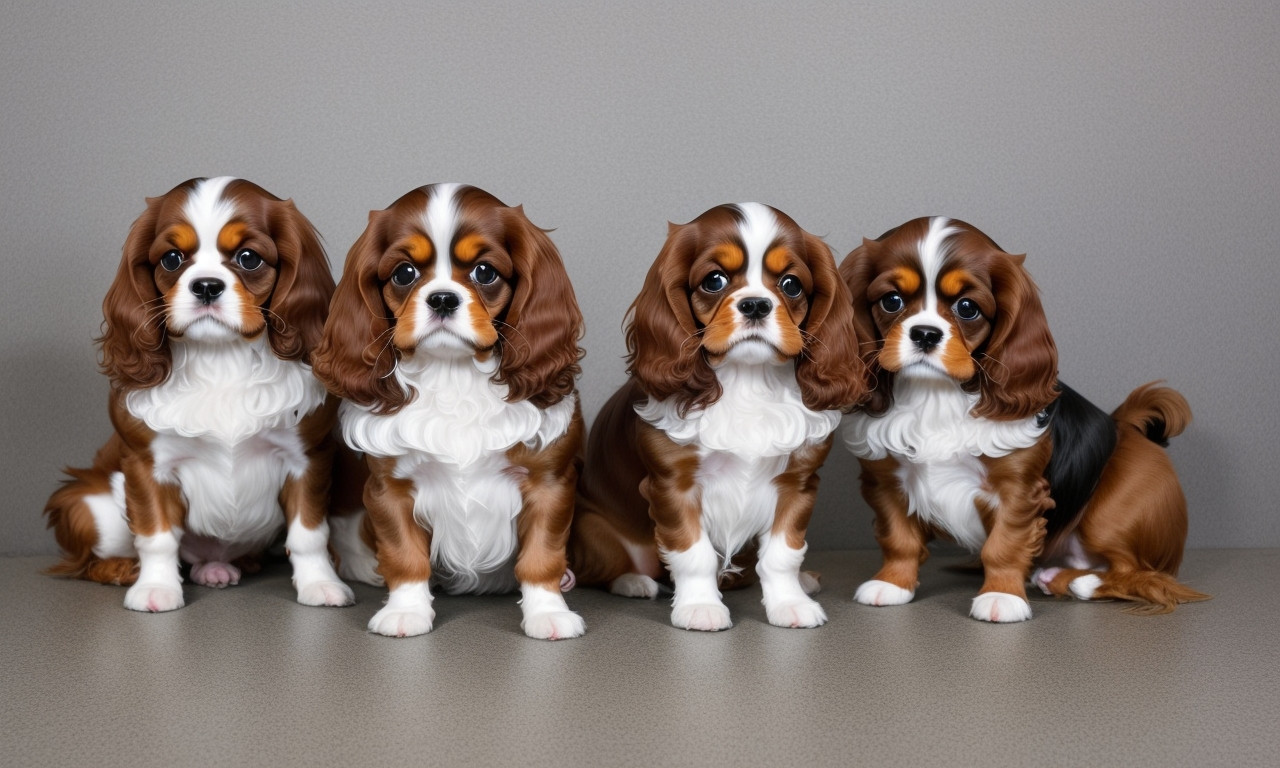
Pros of Cavalier King Charles Spaniels:
-
Friendly Nature: These dogs are renowned for their sweet, affectionate demeanor, making them excellent family pets.
-
Adaptability: Cavaliers are adaptable to various living conditions, thriving in both apartments and houses with yards.
-
Sociable Pets: They enjoy the company of other dogs and humans, which can lead to fewer issues with loneliness and separation anxiety.
-
Good with Kids: Their gentle and patient character makes them suitable companions for children.
-
Trainability: Cavaliers are intelligent and eager to please, which generally makes them easy to train.
-
Size: Being a small breed, they are easy to manage and transport.
-
Appearance: They have a beautiful, regal appearance with a lush, silky coat.
Cons of Cavalier King Charles Spaniels:
-
Health Issues: They are prone to certain genetic health problems, such as mitral valve disease and syringomyelia.
-
Grooming: Their long coat requires regular brushing to prevent matting and to maintain its condition.
-
Separation Anxiety: Cavalier King Charles Spaniels can become very attached to their owners and may suffer from separation anxiety if left alone for prolonged periods.
-
Exercise Needs: While they have moderate exercise needs, they do require daily walks and playtime to stay healthy and prevent boredom.
-
Cost: The breed can be quite expensive to purchase from a reputable breeder, and the potential high veterinary costs due to health issues can be a con as well.
Addressing the keyword concerning Cavalier King Charles Spaniels’ exercise needs, they generally require a moderate amount of exercise. Typically, a daily walk combined with some playtime is sufficient to keep them healthy and happy. They are not as high-energy as some breeds, but regular exercise is essential to prevent obesity and maintain their well-being. It is advisable to always consult with a veterinarian for personalized advice on the exercise needs for your particular dog, as individual needs may vary.
How much grooming do Cavalier King Charles Spaniels require?
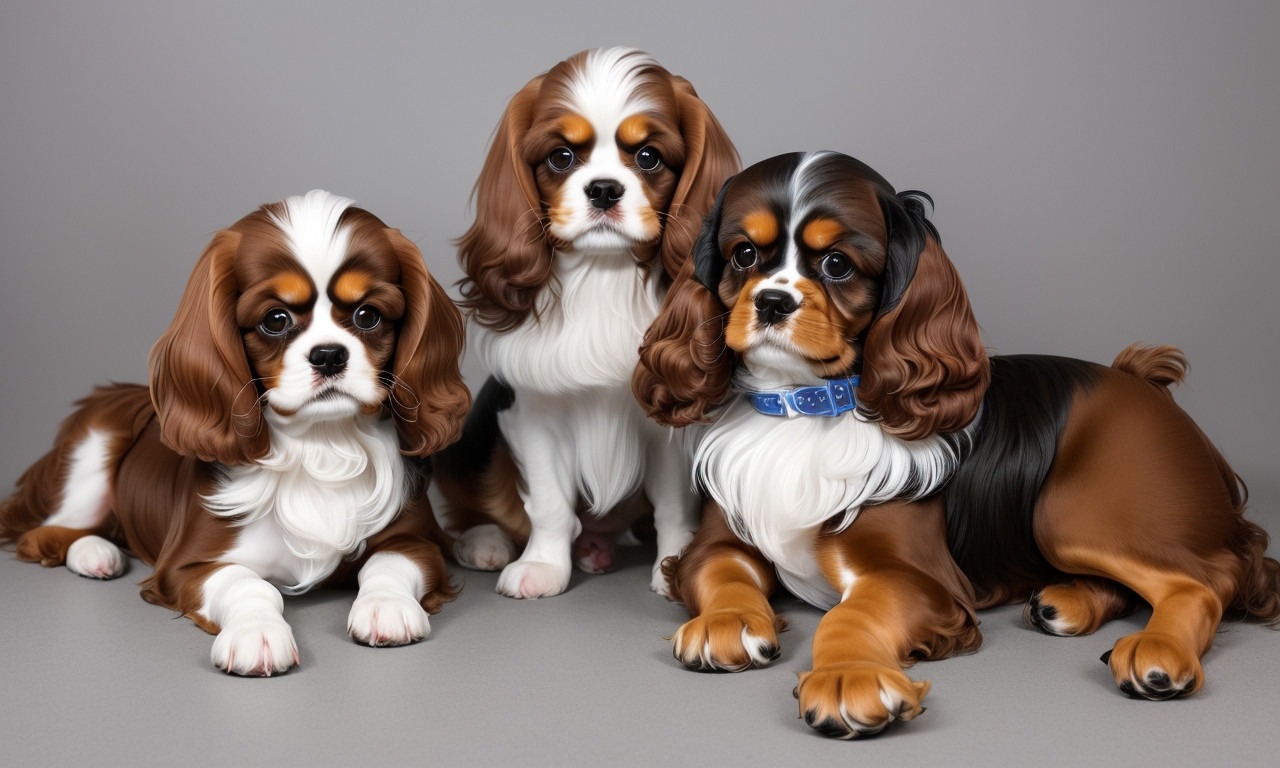
Cavalier King Charles Spaniels are a popular breed known for their affectionate nature and suitability as companions in the home. Their beautiful, silky coats and friendly disposition make them a great choice for many, but understanding their grooming needs, as well as other pros and cons, is important for any potential owner. Here’s a checklist to consider:
Pros of Cavalier King Charles Spaniels:
- Social and Affectionate: These dogs are well-known for their loving and friendly personalities, making them excellent family pets.
- Adaptable Size: Their small size is perfect for apartment living or a home with limited space.
- Companionable: They are good companions for the elderly or those living alone, offering constant companionship and comfort.
- Highly Trainable: They are generally eager to please and responsive to training, which makes them suitable for first-time dog owners.
- Great with Children: Cavaliers typically have a gentle nature and can be great playmates for children.
Cons of Cavalier King Charles Spaniels:
- Health Issues: This breed can be prone to certain genetic health problems, such as mitral valve disease, syringomyelia, hip dysplasia, and eye conditions.
- Separation Anxiety: They often form strong bonds with their owners, which can lead to separation anxiety if left alone for too long.
- Exercise Needs: Despite their size, they have a moderate energy level and require regular exercise to keep them fit and prevent obesity.
Grooming Checklist:
- Coat Care: Cavalier King Charles Spaniels have a medium-length coat that requires regular brushing to prevent mats and tangles, ideally a few times a week.
- Bathing: They should be bathed approximately every 4–6 weeks, depending on their level of activity and lifestyle.
- Ear Cleaning: With their long, floppy ears, they are prone to ear infections, so regular ear checks and cleaning are necessary.
- Nail Clipping: Their nails should be trimmed regularly to prevent overgrowth and discomfort.
- Dental Care: Tooth brushing or dental treats should be part of their routine to prevent dental issues, which can be common in small breeds.
In summary, Cavalier King Charles Spaniels are superb companions, particularly for those who can dedicate time to their care and social needs. Their grooming regimen requires a consistent effort to keep their coat healthy and to ward off potential problems associated with their features. Understanding these needs is crucial for ensuring a happy and healthy life for these charming dogs.
